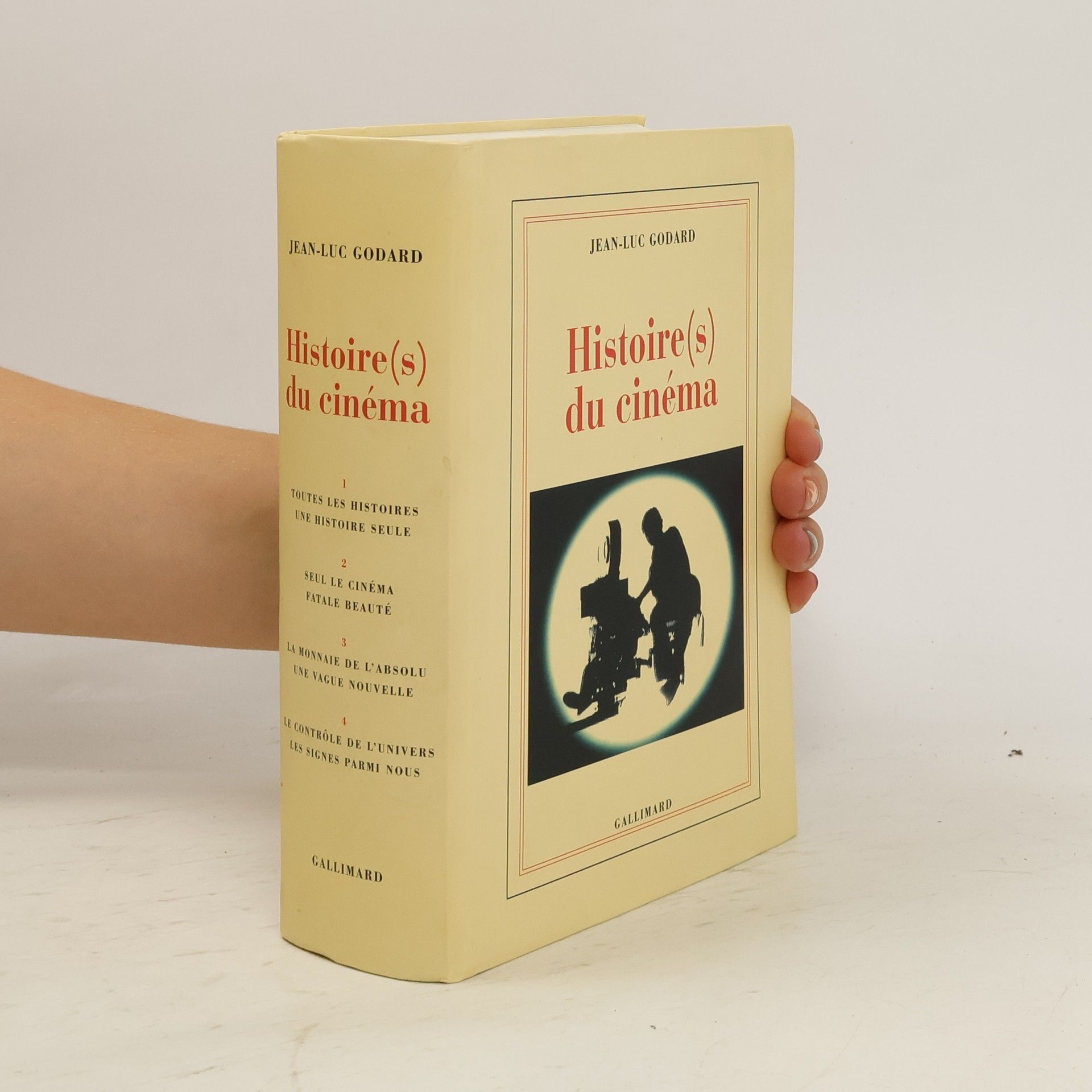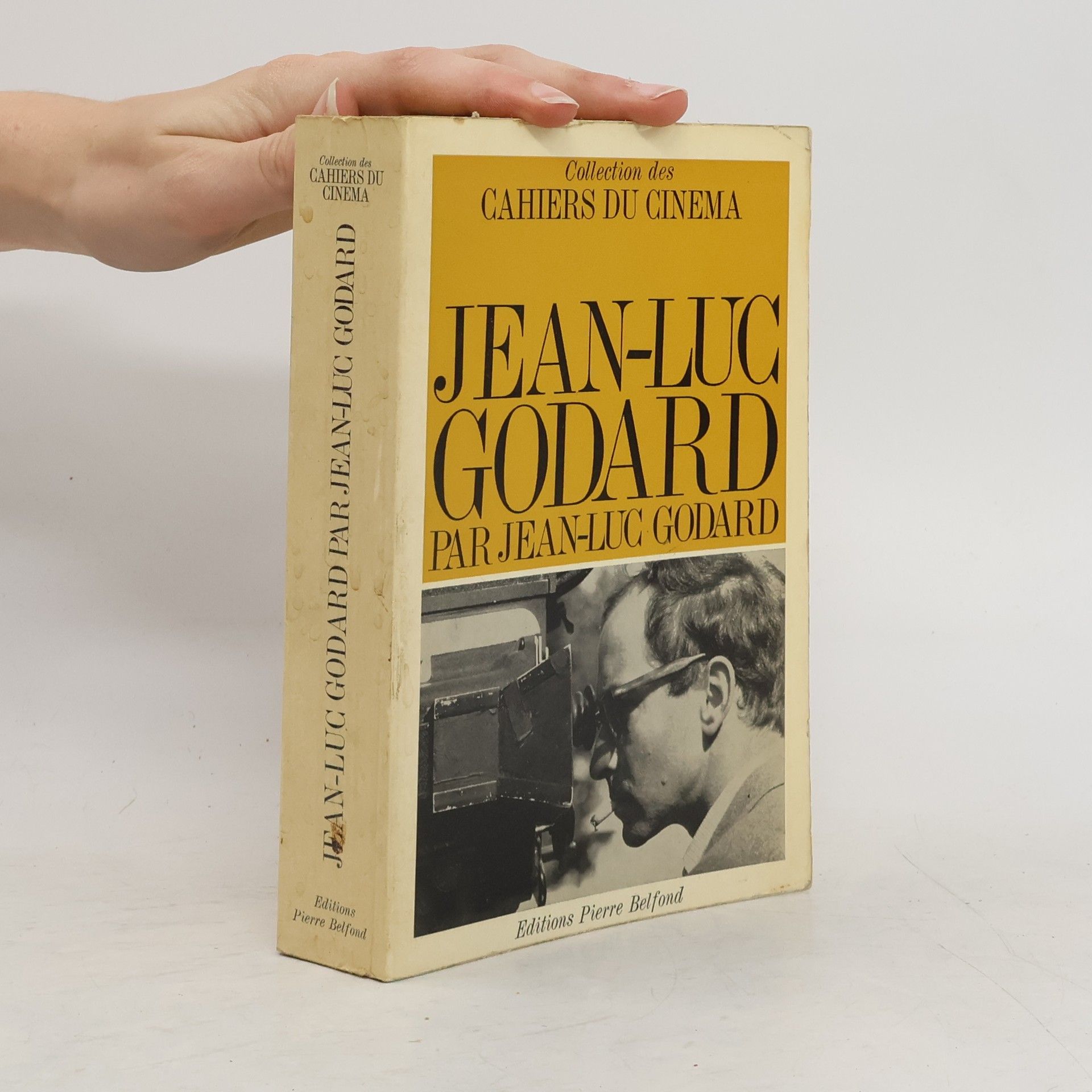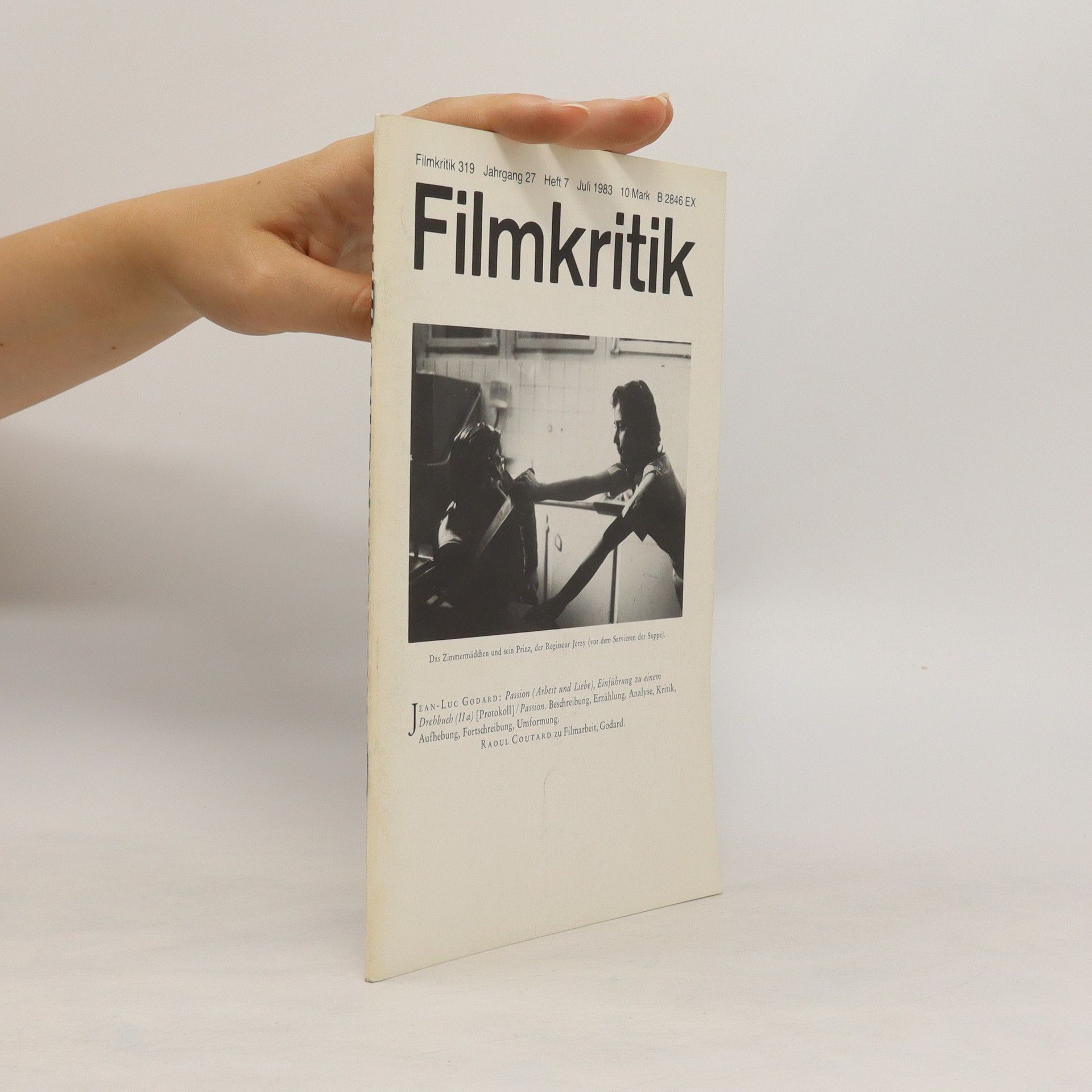Jean-Luc Godard's revolutionary impact on cinema spans three decades, characterized by his innovative works like Breathless and Contempt. His bold experimentation challenges traditional filmmaking and extends to his thought-provoking essays in Cahiers du Cinéma and insightful interviews. Godard's exploration of film and video redefines the medium, making him a pivotal figure in cinematic history. His controversial projects, such as Hail Mary and Histoire(s) du cinéma, further exemplify his commitment to changing the world through art.
Jean-Luc Godard Books
Jean-Luc Godard was a French-Swiss filmmaker and a pivotal figure of the "French New Wave." His work consistently challenged the conventions of Hollywood cinema, often representing the most extreme approaches within the New Wave movement. Godard's films were frequently infused with his political ideologies and a deep understanding of film history, often drawing upon existential and Marxist philosophies. His distinctive cinematic voice established him as one of the most influential figures in global cinema.







The script, interviews, stills, etc, from jean-Luc Godard's film "Masculine Feminine".
Pierrot Le Fou
- 104 pages
- 4 hours of reading
Histoire(s) du cinéma
- 963 pages
- 34 hours of reading
Et si la mort de Puig et du Négus, la mort du capitaine de Boïeldieu, la mort du petit lapin ont été inaudibles, c'est que la vie n'a jamais redonné aux films ce qu'elle leur avait volé. Et que l'oubli de l'extermination fait partie de l'extermination. Voilà presque cinquante ans que, dans le noir, le peuple des salles obscures brûle de l'imaginaire pour réchauffer du réel. Maintenant celui-ci se venge et veut de vraies larmes et du vrai sang. Mais de Vienne à Madrid, de Siodmak à Capra, de Paris à Los Angeles et Moscou, de Renoir à Malraux et Dovjenko, les grands réalisateurs de fiction ont été incapables de contrôler la vengeance qu'ils avaient vingt fois mise en scène.
Liebe, Arbeit, Kino
Rette sich wer kann (Das Leben)
„Dieses Buch gestattet es, sich noch einmal in das zu versenken, was einem an diesem Film Freude gemacht hat. Es ist der lange Arm des Films.“ (Diedrich Diedrichsen, Szene Hamburg)
Einführung in eine wahre Geschichte des Kinos
- 331 pages
- 12 hours of reading
»Man hat mir nie gesagt: Sie machen linke Filme oder rechte Filme... oder Ähnliches. Der einzige Vorwurf, den Filmleute mir gemacht haben, war: Was Sie machen, das ist kein Film. Und als ich Fernsehen gemacht habe: Das ist kein Fernsehen. Meine Schwierigkeiten rühren daher, dass ich genau unter den Punkt treffe, wo etwas denunziert wird, und deshalb findet man, ich bin nicht ordentlich angezogen.« Jean-Luc Godard
Das Gesagte kommt vom Gesehenen
Drei Gespräche 2000/01
Eine Kreuzfahrt auf dem Mittelmeer: Man besucht Kulturstätten, man konversiert, diniert und spielt Superbingo auf Deck 5. An Bord sind ein Kriegsverbrecher, ein französischer Philosoph, eine Polizistin aus Moskau, eine amerikanische Sängerin, ein Botschafter. An den Wiegen der europäischen Zivilisation, in Ägypten, Palästina, Odessa, Hellas, Neapel, Barcelona, kreuzen sich die Wege von Touristen und Flüchtlingen. Vielstimmig überlagern sich falsche Legenden und Erinnerungsorte, Antike und Nahostkonflikt, Islam und Christentum, Ideologien, Ideale und Kapitalströme – und Freiheit, Gleichheit und Brüderlichkeit geraten vor das Tribunal einer erbarmungslos fragenden Kindheit. Als eine lose zusammenhängende »Symphonie in drei Sätzen« reflektiert Film Socialisme den jüngsten Film von Jean-Luc Godard. Wie im Film, so auch im Buch bewegt Godard sich stets auf Kollisionskurs, assoziiert an den Grenzen des Mitteilbaren, kombiniert das Unvereinbare, erzeugt schwindelerregende Interferenzen. Seine ebenso wüst wie raffiniert gestaltete Symphonie vielsprachiger Dialogfetzen, Zitate, Text- und Bildtafeln montiert die Identität eines Europa, das nicht so recht weiß, wohin es steuert.


